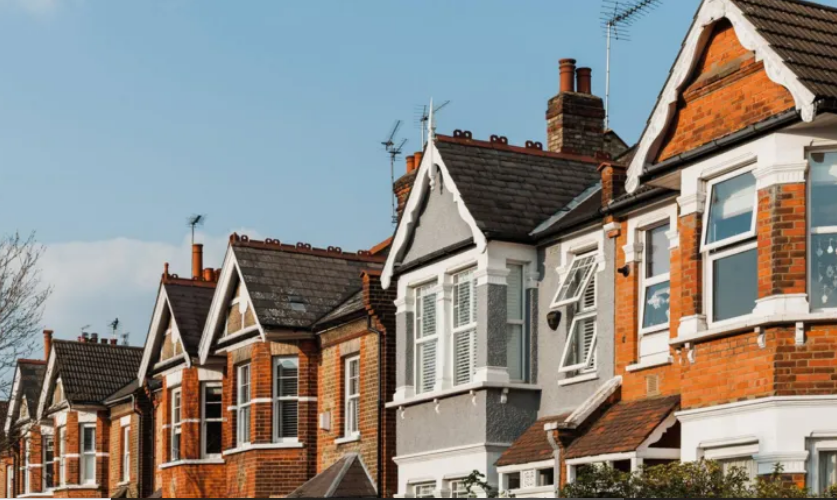Despite being Europe’s wealthiest city, London is grappling with a worsening housing crisis that has left hundreds of thousands without permanent homes and placed local authorities under immense financial strain. Experts, campaigners, and policymakers gathered earlier this week at the London Housing Summit, hosted by the Centre for London (CfL), to confront what the think tank describes as a crisis “spiralling out of control.”
According to the Combined Homelessness and Information Network (CHAIN), rough sleeping in the capital has reached an all-time high, with an 8% year-on-year rise. Nearly half of those counted were new rough sleepers, highlighting a growing wave of first-time homelessness.
In response, Mayor of London Sadiq Khan has pledged to end rough sleeping by 2030. In January, he announced a £10 million investment to expand the city’s Ending Homelessness Hubs, which provide 24/7 support for those newly sleeping rough. But London’s councils are sounding the alarm over the soaring cost of temporary accommodation. They currently spend £4 million daily on short-term housing solutions, typically hotels or hostels, pushing many boroughs toward financial crisis. London Councils reported a £330 million overspend on homelessness in 2024/25, a 68% increase in just one year.
More than 183,000 Londoners, including 90,000 children, are now living in temporary accommodation, a situation described as a “housing emergency” by borough officials.
Alongside homelessness, renters are also feeling the pinch. Data from the Office for National Statistics shows that London rents surged by 11.5% in 2024, the highest in England. The private rental sector has shrunk by 45,000 homes since 2021, driven by landlords exiting the market due to regulatory uncertainty and tax changes. This has had a disproportionate impact on low-income households.
London’s housing needs are also far greater than other UK regions. According to CfL, the capital must build 88,000 homes a year at an estimated cost of £2.2 billion annually. However, the construction sector faces a severe skills shortage. Meeting Labour’s national housebuilding targets will require over 160,000 additional workers. Chancellor Rachel Reeves recently committed £600 million to boost construction training, including skills bootcamps backed by £100 million.
City Hall’s Mayor’s Construction Academy, launched in 2018, aims to address this gap in London by helping residents gain the skills needed to enter the building industry.
As London continues to battle rising rents, a shrinking private rental market, and record homelessness, pressure is mounting on both local and national governments to act swiftly. Deputy Prime Minister Angela Rayner has vowed to “get Britain building,” but many Londoners fear relief is still far off.


